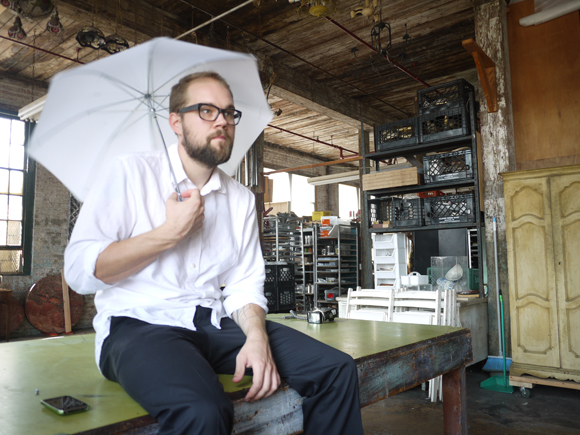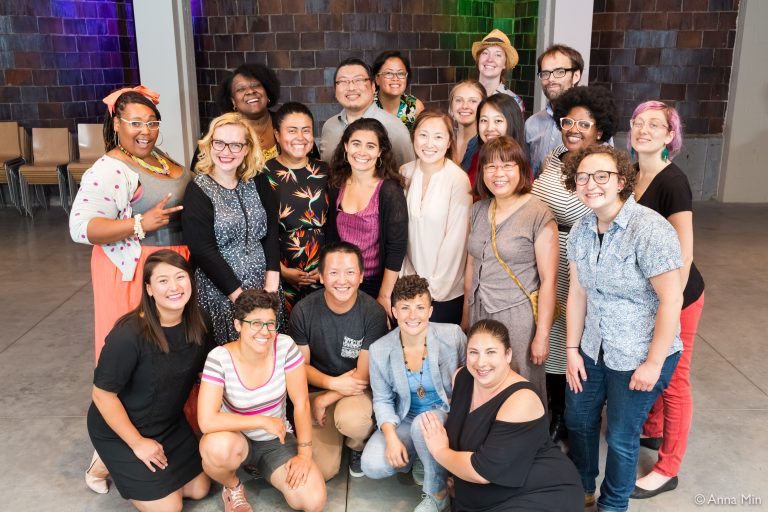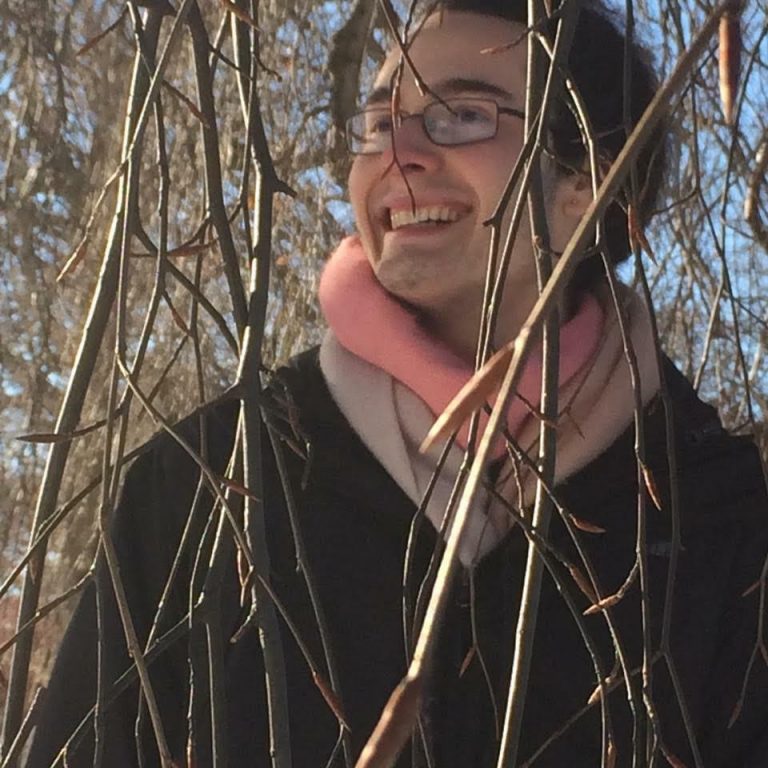Revive: Diary of a Giving Circle, Part I

It’s early wintertime outside. A collection of soaked boots crowd the tiny vestibule. The cat is buried underneath a small hill of coats on the bed. The apartment smells like cayenne and tomatoes, warm broth and buttery onions. Barely eaten containers of hummus, salsa, guacamole and other dips crust slightly at the edges amongst the more substantial buffet items folks brought over. One person speaks at a time. Otherwise, the room is quiet for a one-bedroom in Brooklyn with 30 people swelling the walls. My girlfriend, Michelle, and I barely know any of these people, but we’ve taken it upon ourselves to invite them into our home for the evening.
There’s comfort, however, in knowing that these people are not a roving band of shifty-eyed grifters, but constituents of the New York chapter of Resource Generation. If you’re reading this blog you’re most likely familiar with what this means, but for the uninitiated, the folks sitting on every flat surface my apartment has to offer are a gathering of young people with access to wealth and resources interested in leveraging said wealth and resources towards social justice movements. We’re here tonight to decide a plan of action. We’ve all come back from a yearly conference called Making Money Make Change that’s filled our heads with all kinds of potent ideas about to how to accomplish this.
The vibe of the meeting is warm and positive. Part of me feels this is something I’ll look favorably on when I’m old, like I’ll be able to say I did something constructive at least once in my life. Another, smaller, more fearful part of me feels it’s something akin to a clandestine resistance meeting happening in 1940’s Paris, and the threat of storm troopers charging through the door at any moment is very real. Which probably says something about my perspective on class and money in America in 2010.
The evening’s topics of conversation include: What do we do now? How can we keep the conversation regarding wealth, class and privilege going? What sort of action can we take so we’re not just talking about movement toward a more equitable society but also actually doing the work? How do we maintain momentum? How to hold each other accountable? Which direction do we go?
Thankfully, some of us here this evening have been on this path for a while now. There’s a few directions you can take, the meeting facilitators tell us. We’re also instructed that it’s important to start small, don’t over commit yourself or take on more responsibility than you’re able to handle. Two possible directions are starting a praxis group or a giving circle. I’m new to this scene and don’t want to look like a fool in my own home, so I do my best to let my facial expression reflect that I’m thoroughly familiar with both of these concepts, then release a silent breath of relief when someone asks what a praxis group and a giving circle actually are.
In RG terms, a praxis group is a crew of people meeting once a month for six months or so for the purpose of having a discussion regarding any number of topics from tax law and education to socially responsible investing to wealth disparity… the list goes on. If the group decides to move towards a specific action or goal, that’s up to them, but it’s possible the group could simply focus on the discussion aspect.
A giving circle is a group of people that decide to pool a specific amount of money with the intent of making one or more grants to one or more organizations.
This evening we split into two groups: those of us interested in participating in a praxis group and those of us interested in participating in a giving circle. I’m at a point in my life where I feel talk is interesting, but it’s time to mobilize. It’s time to stop talking about making plans and reiterating your values ad infinitum to whomever will listen, and put your money where your mouth is, quite literally.
Six of us corner into the desk/office area of the apartment to talk about the process of a giving circle. We are excited, we are fresh faced, we are strong in our convictions. The only problem is we have no idea how to organize and execute a giving circle project.
Next week: Member introductions.



